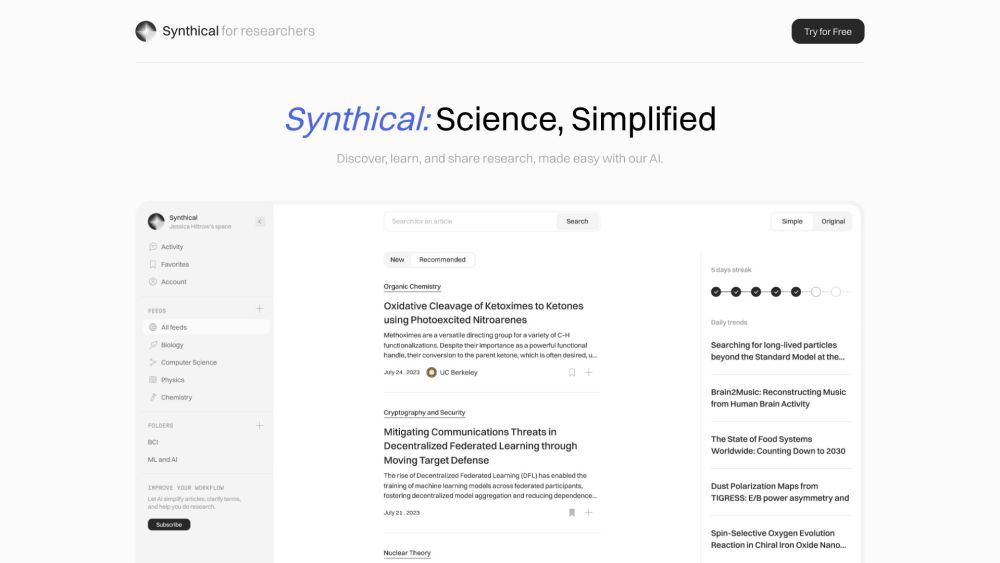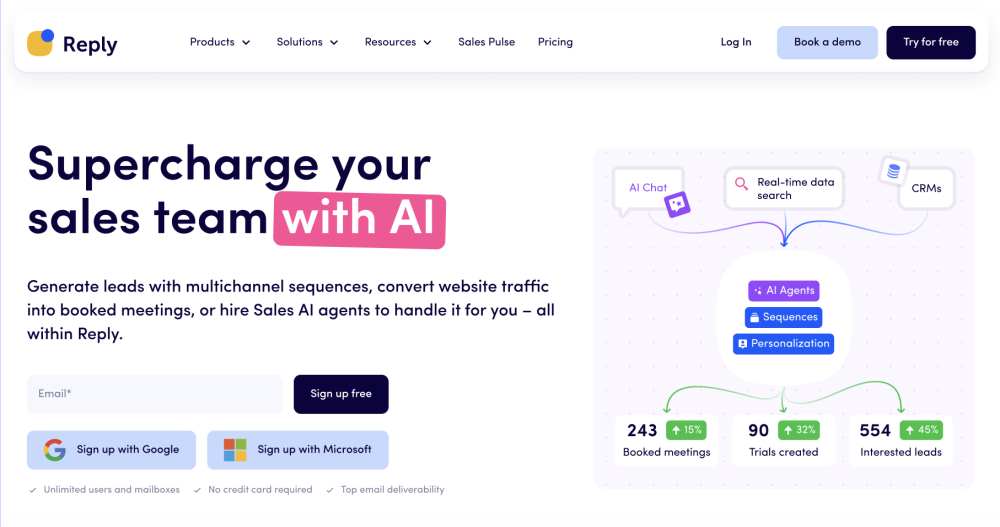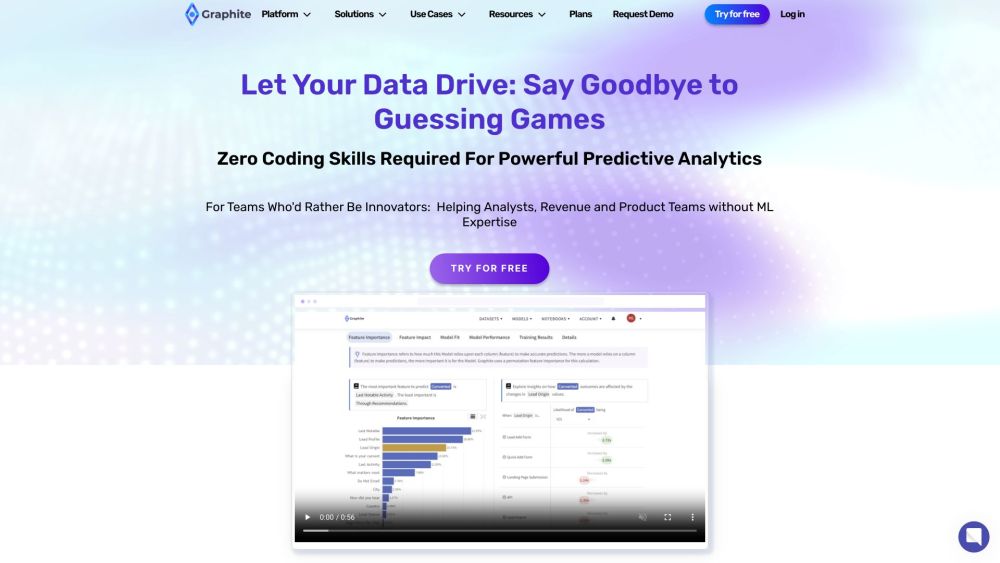This week’s AWS re:Invent in Las Vegas unfolded in an unexpectedly low-key manner. While the event typically generates a wealth of news, this year's most prominent announcements centered around artificial intelligence (AI). Notably, Amazon appears to be in a challenging position, lagging behind Microsoft in the AI race.
This observation comes in the wake of the recent upheaval at OpenAI, where Microsoft was significantly involved.
The competitive tension was palpable when Amazon CEO Adam Selipsky made not-so-subtle critiques of AWS’ cloud competitor during his main keynote address on Tuesday.
It’s important to note that if Amazon is indeed behind in this area, it doesn’t spell disaster for the company. Since pioneering cloud services in 2006, AWS has maintained its leading position. With the generative AI sector still in its infancy and rapidly evolving, the current perception that Microsoft holds the advantage may change within a year or so.
Similar to last year's event, significant announcements were sparse, with Amazon Q emerging as a noteworthy highlight. Designed to integrate a generative AI layer with enterprise software, some attendees positioned it as Amazon’s answer to Microsoft Copilot. This development could reinforce the notion that the tech giant is indeed playing catch-up in this space.
Scott Raney, a partner at Redpoint, highlighted Microsoft's strategic moves, such as its $7.5 billion acquisition of GitHub in 2018 and a minimum $10 billion investment in OpenAI. These actions have strategically positioned Microsoft to capitalize on the generative AI trend many companies are embracing this year.
“This might be the first time people acknowledge that Amazon isn’t in the pole position to seize this enormous opportunity. Microsoft’s advancements with Copilot and the launch of Q mean they are indeed playing catch-up,” Raney stated.
While he believes this shift may not dramatically affect the dynamics of the cloud market, where AWS has held sway for years, it does bring to light Microsoft’s strong footing to leverage emerging AI technologies.
The relationship between Amazon and Microsoft is multifaceted. “The connection isn’t strictly adversarial; it’s more a matter of frenemies,” explained Jon Turow, a partner at Madrona and former AWS executive. He cited Amazon’s $1 billion collaboration with Microsoft for Office 365 as evidence of their intricate relationship amid fierce competition for enterprise customers.
The two tech giants are pursuing different strategies in AI. Microsoft has firmly aligned itself with OpenAI, providing unique advantages to its enterprise clientele. This includes insights into OpenAI's operations, which are being integrated into products like Office 365, Bing, and GitHub, all while utilizing Azure servers – a fact that’s capturing the attention of Chief Information Officers (CIOs).
Amazon’s strategy diverges with its Bedrock AI foundation engine, which offers an API-based approach to access a range of large language models instead of limiting itself to OpenAI. This diversity aims to attract developers and heralds Amazon’s commitment to providing the largest selection of high-quality models.
“The effectiveness of Bedrock signals that Amazon is poised to offer the broadest array of leading models,” Turow remarked. “This isn’t just about current offerings; it illustrates a forward-looking perspective on market trends.” He believes this strategy sends a clear message to CEOs and CIOs about the importance of model flexibility.
When selecting a vendor, many factors come into play, particularly existing partnerships. “For CIOs, the conversation often revolves around their current cloud relationships, as most will operate in hybrid and multi-cloud environments,” said Jim Rowan, strategy and analytics portfolio leader at Deloitte, which assists enterprises in evaluating their generative AI initiatives.
“What’s your strategic roadmap?” he continued. "It’s crucial to focus on traditional consulting matters, requiring clients to plan thoroughly, as these projects will demand ongoing management, regardless of whether they involve AI or cloud."
It's still early in the game as enterprise buyers explore generative AI solutions, emphasizing flexibility to avert vendor lock-in, a lesson learned from the cloud sector. However, the allure of this innovative technology is compelling, prompting companies to seek their competitive edge.
Currently, Microsoft seems to dominate the perception landscape, but as Amazon expands its suite of generative AI technologies, this gap could narrow swiftly. For now, Amazon must rise to the challenge, navigating this competitive pressure in the coming months.




